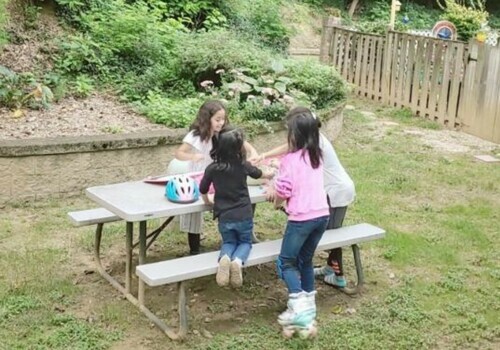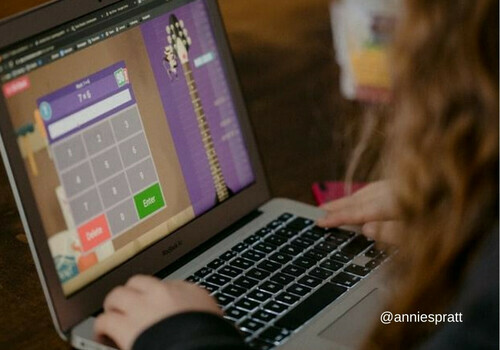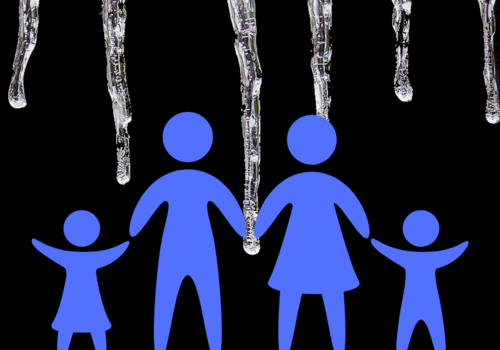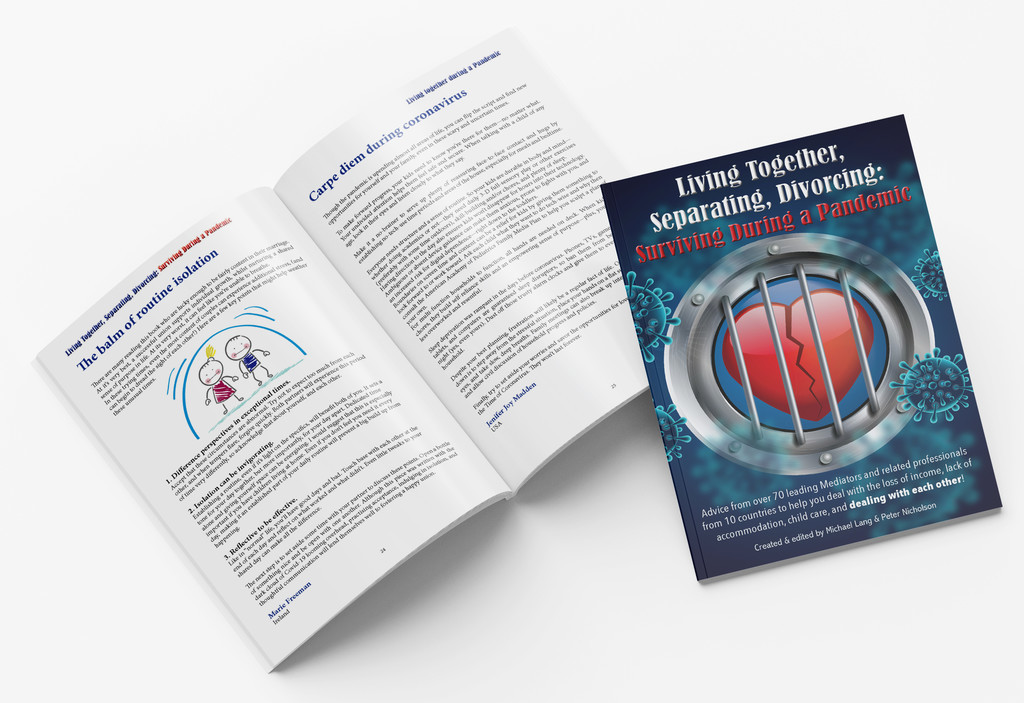
Starting simple wellness habits can help families move beyond the pandemic, which took a heavy toll on health, social skills, and confidence. New surveys reveal the extent of the damage, but point to avenues for healing and durability.
Even though the pandemic caused “major disruptions” in their children’s lives, many parents believe family bonds grew stronger. “Most parents set out to create safe and loving homes for their children, which led to closer positive relationships” according to an American Academy of Pediatrics (AAP) Family Snapshots survey done with the U.S. Centers for Disease Control.
But even as they tried to create a sense of comfort, parents and care givers were under stress. The pandemic changed the nature of almost half the jobs held by those who had been working full- or part-time.
1 Billion Meals Not Served
Many more American families did not have enough to eat. “Estimates suggest food insecurity in households with children more than doubled,” according to Eliza Kensey, associate research scientist at Columbia University Mailman School of Public Health. Black and brown families were disproportionately affected, as were families in rural communities. Continue reading







